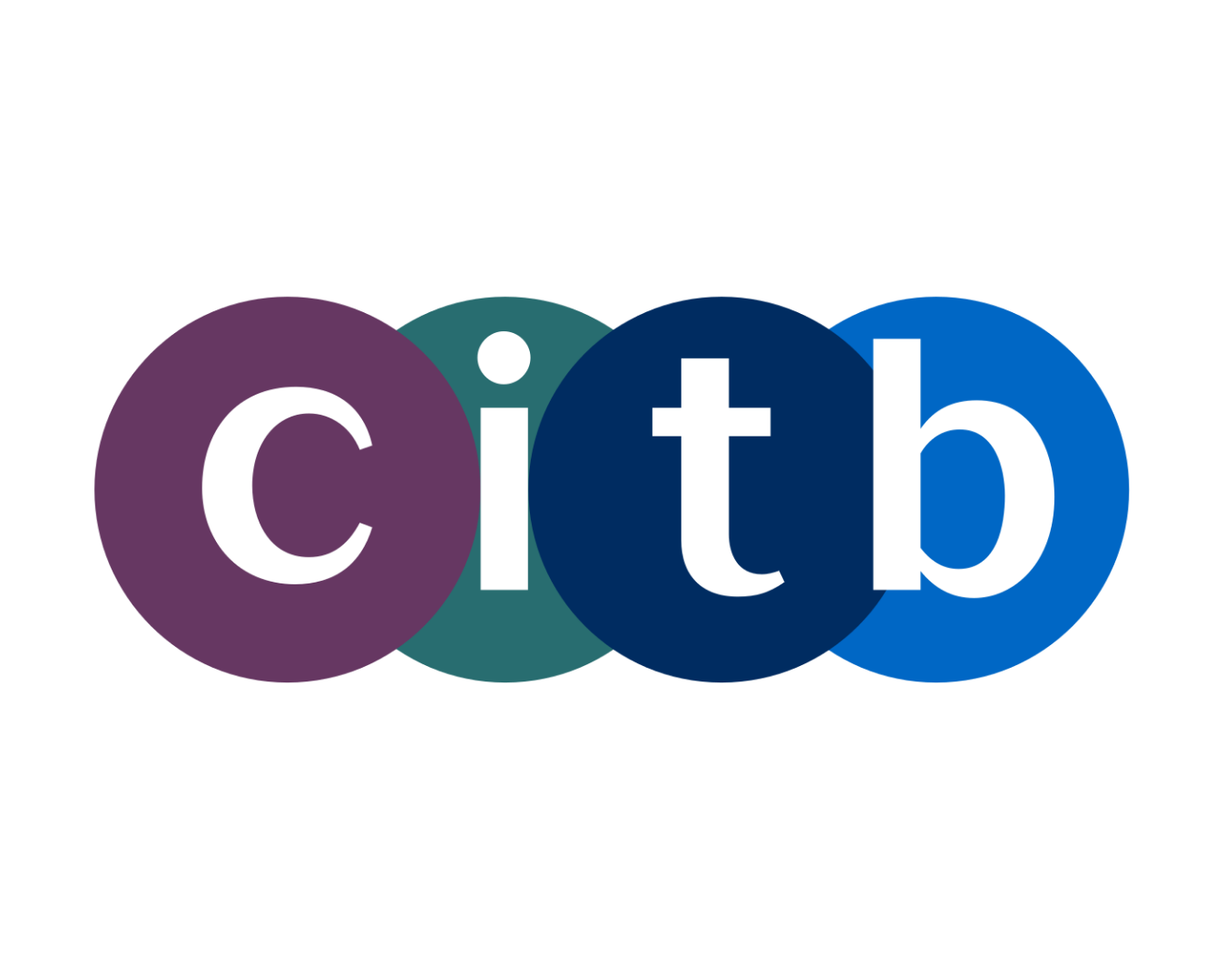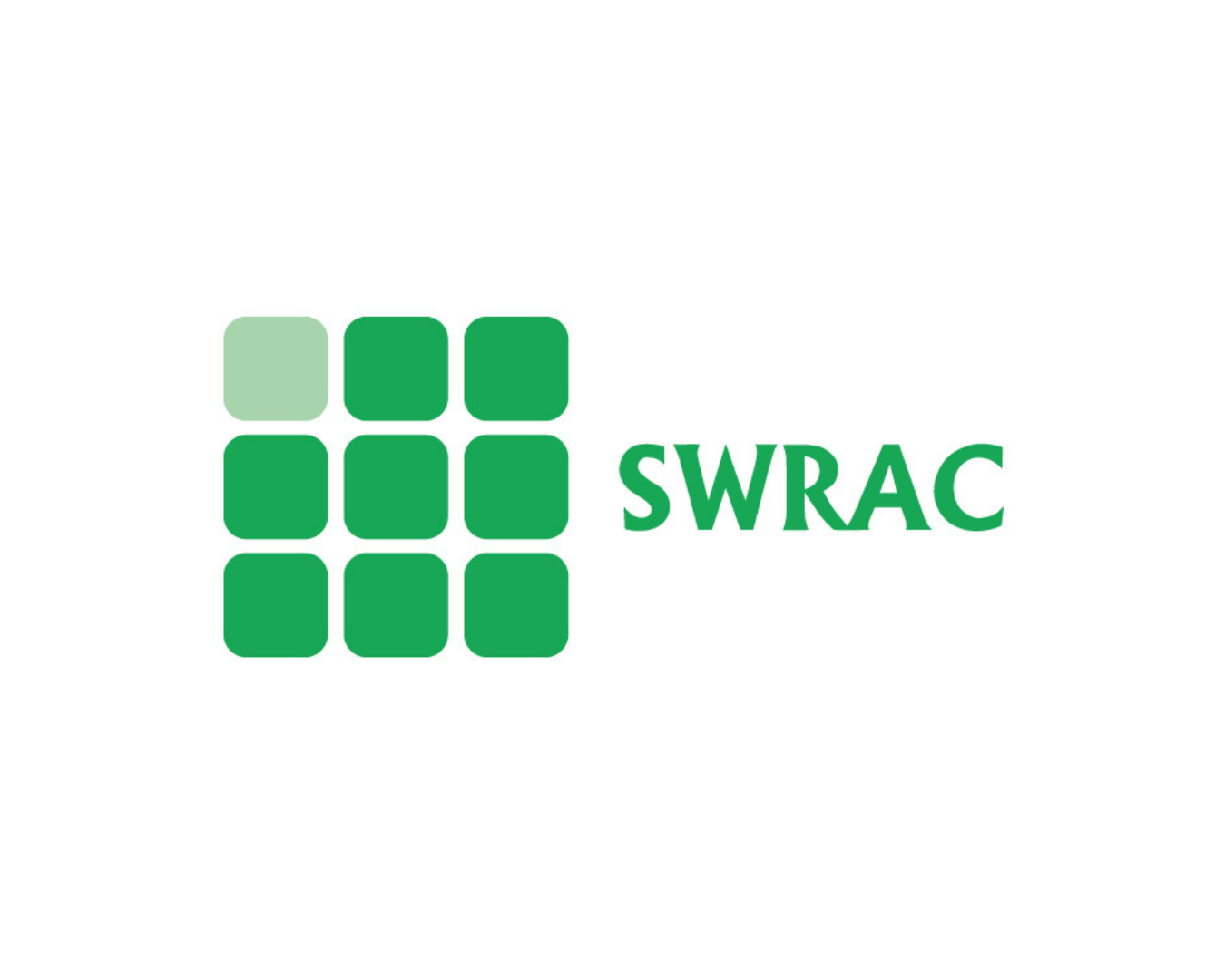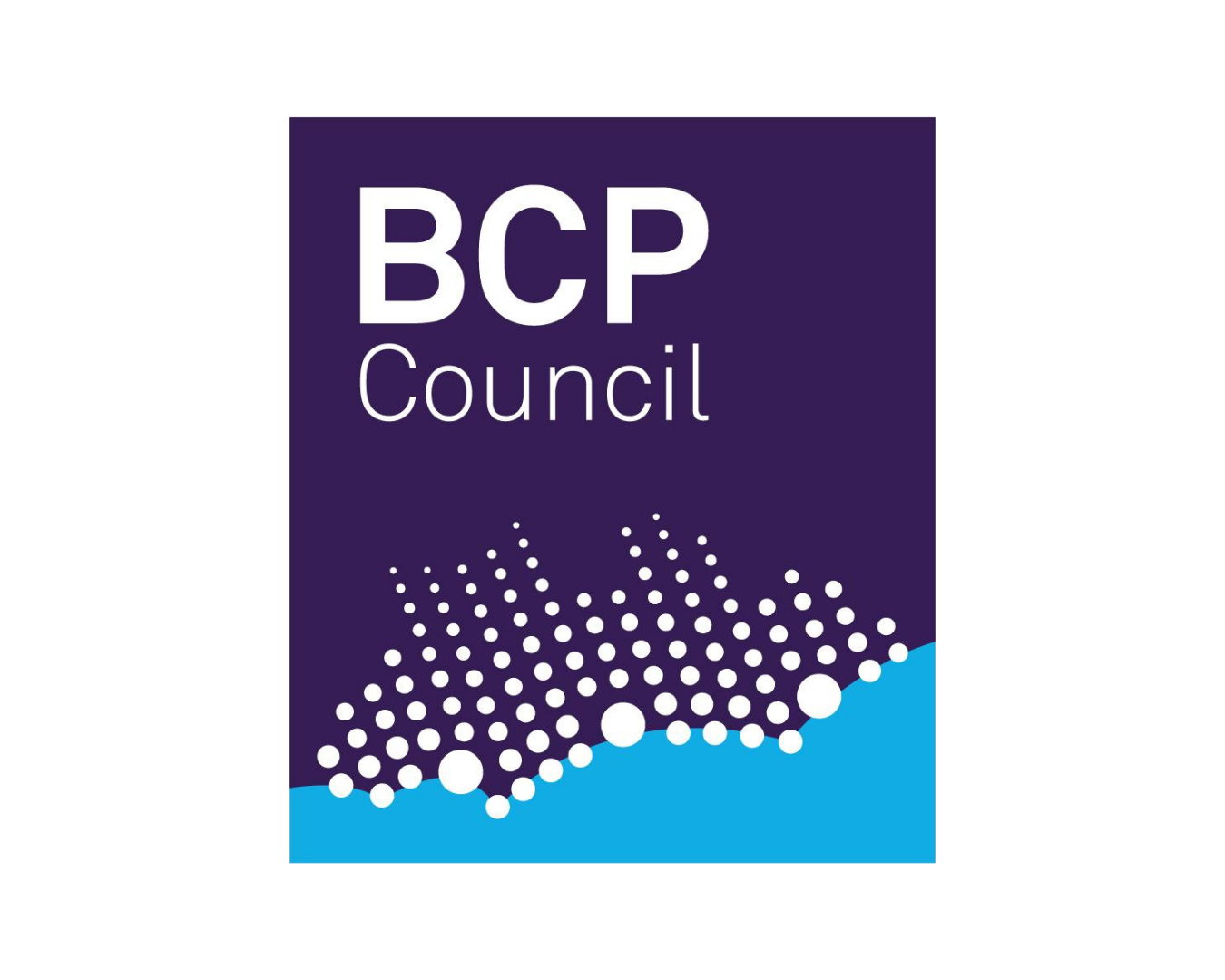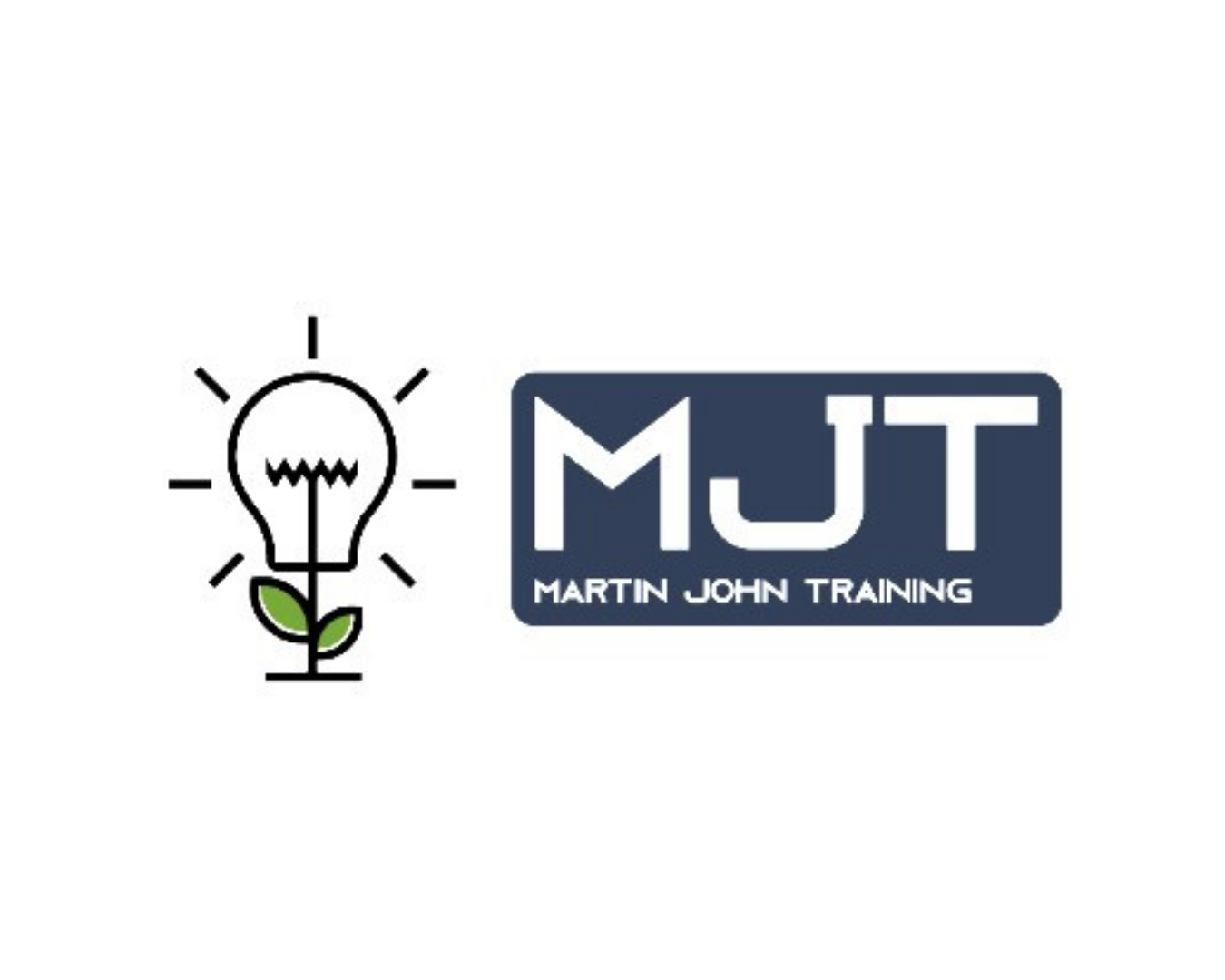

Funded by:


Placing employer needs right at the heart of the local skills system – a welcome policy evolution.
Since the launch of the Dorset Local Skills Improvement Plan (LSIP) process in November 2022, Dorset Chamber has worked with a wide range of stakeholders including other ERB partners, employers, education and training providers, and organisations who support learners and people not-in-employment. We have targeted and spoken to small and micro businesses who are typically unheard across the sectors and the county. Our approach has been collaborative and focused on constructive partnership working.
The review has identified a wide range of issues, some of which are challenging and embedded. Through the process we have learnt that assumptions are made by many and that some historical perceptions and attitudes continue to be entrenched.
Conversations have been engaging, honest and, at times, controversial. We have heard how many young people are anxious or unprepared when starting in their first job, how FE funding works, how employers are struggling to recruit and cover rising costs, and how many feel that they have little or no time to consider future skills needs or carbon reduction in their businesses.
Dorset Chamber has added value by using new communication and collaboration processes to develop clearer insights to enhance our employer understanding. We have sought to identify appropriate and viable actions to create change. In doing so, we are highlighting the skills gaps, generational differences, a climate emergency, labour shortages and recruitment challenges, a shrinking workforce, a lack of affordable housing, transport issues and the impact of rising costs for all.
Dorset has clear strengths to build on. This includes new and expanding businesses, skilled apprentices, and an education and training system that is passionate about its learners and supports their transition to and ongoing development in the workplace.
The need for long-term change is clear. The next stage of the Dorset LSIP must result in the development of a coherent strategy, underpinned by a clear action plan involving all parties. We must ensure that we understand the skills that businesses need now and, in the future, and evolve provision to meet these needs.
I am excited about what we can achieve together and am looking forward to the next stage of the LSIP process. I would like to thank all our partners and stakeholders for their support and positive approach to this review and look forward to building a stronger workforce in Dorset together.
Ian Girling, Chief Executive, Dorset Chamber, August 2023
This Local Skills Improvement Plan has been approved by the Secretary of State in line with the approval criteria set out in the Skills and Post-16 Education Act 2022, and in accordance with the LSIP statutory guidance
Latest Employer Priorities Published
The latest employer skills Priorities from Dorset Local Skills Improvement Plan have been published and are available to view here.
The Priorities provide an update on the skills which businesses need now, and in the future. They are based on updated employer data, and analysis of the local labour market and skills data, sector specific data, alongside feedback from education and training providers’ and partners’.
They summarise employer skills needs (specialist and transferable), jobs in demand, employer delivery preferences, areas for development and training barriers.
Partners, Stakeholders & Contributors include:
What is the Dorset LSIP?
The Dorset Local Skills Improvement Plan (Dorset LSIP) is a three-year Dorset-wide review of skills provision against the current and future needs of businesses, funded by Department of Education (DfE). It aims to identify, and provide recommendations on, the skills and training provision which Dorset employers need to grow and develop their businesses now and in the future.
The Dorset LSIP intends to support Dorset businesses to have the right people doing the right jobs with the right skills. As priorities and technologies change, as do the skills required to adapt to the different demands. The Plan will work to provide appropriate post-16 technical education to meet the skills needs in business – and those on the near horizon such as Net Zero changes
The delivery of the LSIP is led by Dorset Chamber (appointed as the Employer Representative Body – ERB) who will be working closely with public and private sector partners including Dorset employers, the LEP, the Local Authorities and all the local colleges and private providers.

Sector Focus
The LSIP is intended to support employers the length of breadth of Dorset. However, within the region the following sectors have been identified as high need, growth and innovation sectors and will form the core priorities of the report:
- Agriculture, Agri-tech and Aquaculture
- Advanced Manufacturing and Engineering including Aerospace, Defence and Marine
- Construction
- Digital Tech and Creative
- Health and Social Care
- Net Zero
Are you ready for Net Zero Targets?
A commitment has been made for the UK to meet Net Zero targets by 2050. To meet this, it is expected many will need training to implement and manage Net Zero targets and green/climate change goals in the next 2-3 years, but understanding the details of what is needed will help providers to plan courses to meet this emerging demand.


Employer Priorities
View the initial findings developed from Stage 1 of the Dorset Local Skills Improvement Plan. These are based on the primary research carried out in period of December 2022 to March 2023, supported with local market and sector specific data.
View Initial Findings





































































